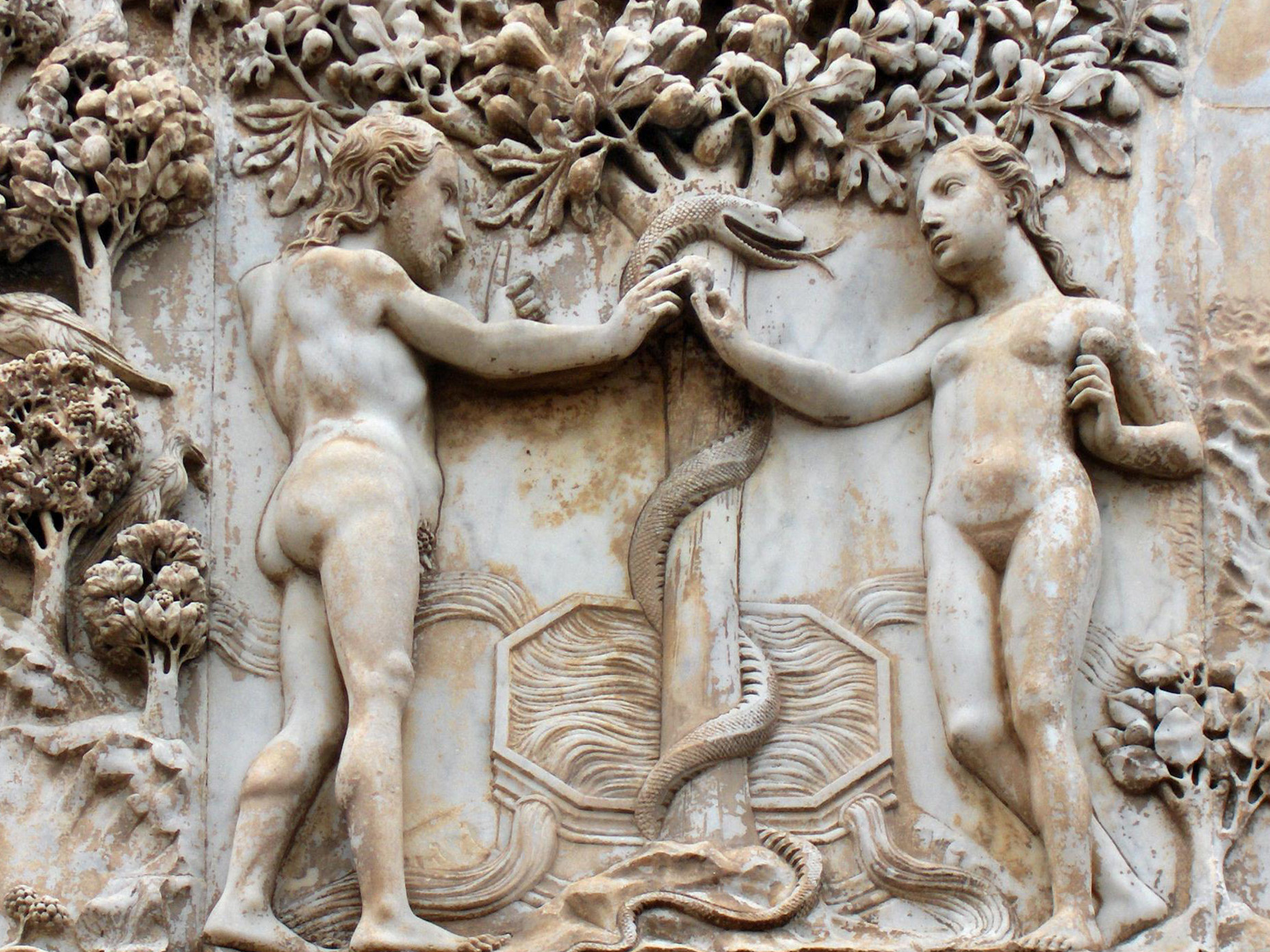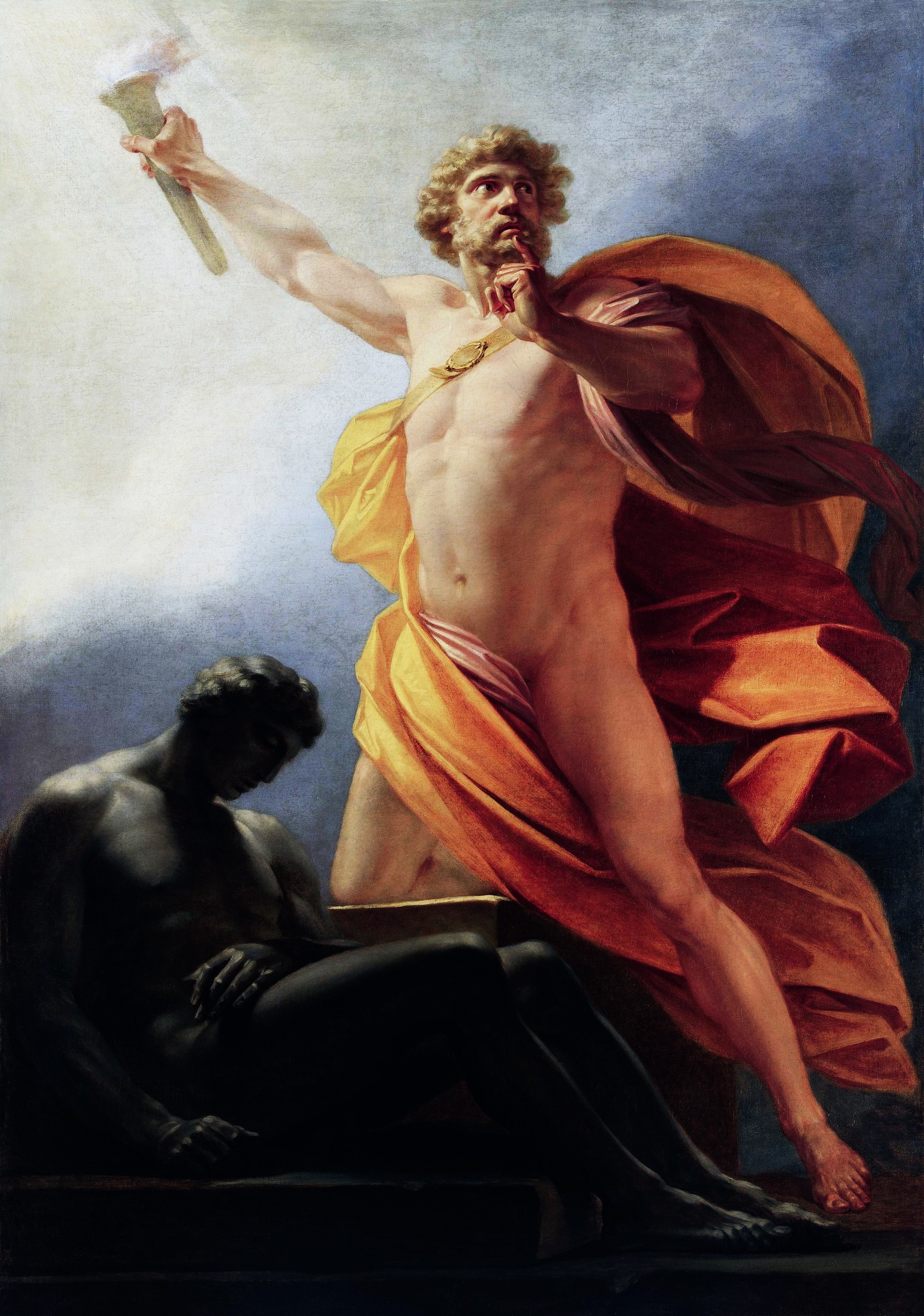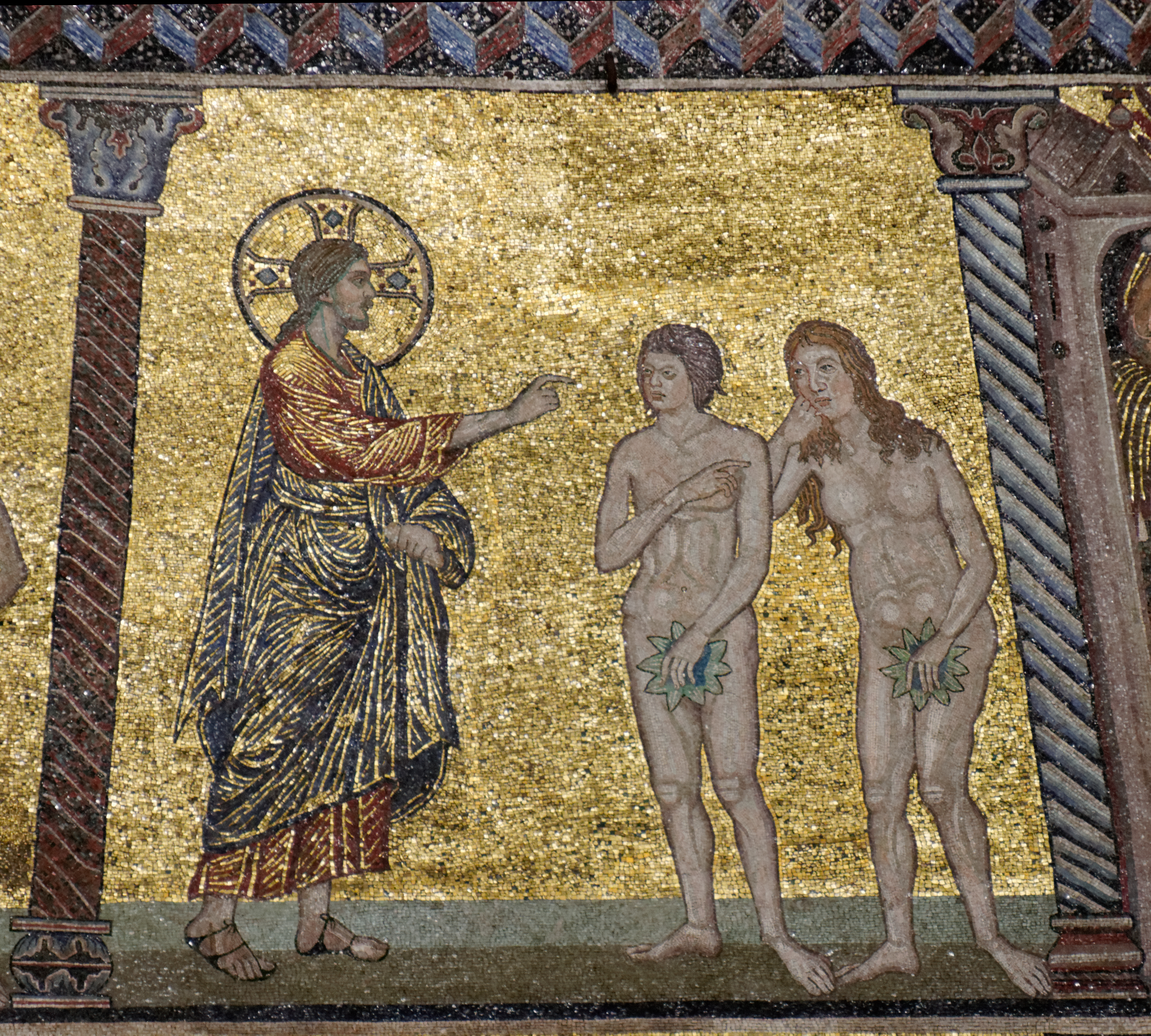Individuals (religious and not) have puzzled over the Genesis creation narratives for millennia. One aspect of the Eden narrative that seems particularly gripping to the imagination is the prohibition that God lays upon the first two human beings. While God invites the pair to enjoy anything in the garden, it is of one particular tree that He warns they "shall not eat of it lest they die". While some may dismiss this narrative as "naive and superstitious," I would like to explore a few reasons that I think, to the contrary, it offers profound insight as to why certain "fruit" does actually "kill" our innocence, along with our sense of Edenic bliss. The tree in question is said to impart "the knowledge of good and evil" (a foreboding and burdensome moniker if ever there were any), and below are seven possibilities as to what that tree may in fact represent. To be clear, the claim is not that the "tree" in itself is wicked, but rather that the particular knowledge contained therein is such that child-like human innocence cannot bear such knowledge:
1. Scientific Progress
The word science is derived from the Latin scientia meaning knowledge, experience, or expertise. This is not an argument against science, but rather a caution. The prototype of this warning can be seen in the story of Prometheus, a mythological figure who steals fire from the gods (and of course there's Mary Shelley's modern sequel, Frankenstein). The thread that connects these stories is not only the threat that accompanies man's attempt to "play God", but also the danger that accompanies the human enterprise of playing with forces that have the capacity to threaten human life on a universal scale, especially when those playing with that power have the metaphysical mentality of a five year old child. The upshot of this potential carelessness is the possibility annihilation, not only for the individual, but for all of mankind. Knowledge is without a doubt "power," but that power is anything but neutral and harmless.
2. Hallucinogenic Drugs
One of the things that all of the items on this list have in common is their ability to deliver otherwise inaccessible knowledge to the everyday human experience. The knowledge that is delivered in all these cases comes from the "great beyond," and provides (or seems to provide) divine advantage to those who "consume" this information. The reason individuals partake in drugs is no mystery. The drug-taker ingests the chemicals to feel what one might regard as a heavenly/mystical/disembodied experience. One becomes an addict because, whatever else drugs do, they allow you to steal some of "heaven's thunder". Clearly different drugs do this in different ways. Hallucinogenic drugs, like LSD and Psilocybin may, for example, may allow you to experience a kind of oneness with the universe and all of creation. On some level, this appears to be a phenomenon built into the human person. On the other hand, the grave danger seems to come down to the fact that those who tend to make it their business to "break on through to the other side" on their own terms, don't necessarily come back the same. In the most tragic cases, they don't really come back at all. However, what is so striking about this attempt to eat the nectar of the gods is how frequently it is associated with madness. As Carl Jung apparently once said (and I think rightly so); "Beware of unearned wisdom."
3. The Occult
Unlike the former, this attempt to illicit a sublime experience is less about sensual transcendence and more about breaking the frustrating limitations that bar the human intellect from knowing our destiny. Much of what is frustrating about practicing traditional monotheism is the restriction it lays upon the adherent when it comes to how one may obtain supernatural assistance. Faith and trust are not only a suggestion, they are requirements for those who do not wish transgress the code of communication with the divine in these religions. Interestingly, one of the early Christian heretical groups that sought to bypass such a restriction, came to be known as the Gnostics, a name associated with the capacity for one to be "in the know", especially as it relates to God and Christ. At any rate, traditionally those who practice "occult/secret" methods as a means to obtain divine information or favors, do not generally pray, but rather invite spirits to reveal information and/or perform supernatural acts on their behalf, thus creating a kind of express lane to interacting with the great beyond. Whatever else one may think of such an interaction, from a Biblical standpoint, it is unacceptable, for in the process of opening a gateway to the supernatural, you have (in essence) opened a doorway without a hinge. Of your own volition, you have created an open door policy for anyone or anything to enter into your abode (including predators), without the means to reseal the portal. There is something strangely naive about the basic occult view that the supernatural world is primarily filled with spirits existing only to serve you. Certainly one would be considered daft if they practiced this type of policy in the natural world.
4. Sexual Freedom
Another interesting linguistic connection surrounding the word knowledge can be seen in the realm of sexuality. To know someone "Biblically speaking" means to have had a sexual relationship with them. I grant you this phrasing may seem odd, especially in our day and age, nevertheless it requires little of the imagination to wonder why this is the case. What more "intimate knowledge" could one have of another than to see their naked body, while simultaneously entering into a bodily union them. Sex changes a person, and it furthermore changes the way we look at the world. Even a mere discussion about sexuality, has the capacity to create all sorts of profound difficulties, or opportunities (depending on your perspective). Thus, the idea that a woman woke "man a man up to something attractive and desirable that she possessed (the root of "arousal" means awaken), and that he seemed both speechless and somehow weakened before this "knowledge, seems nothing short of what happens to every naturally developing man. The sexual imagery in the garden seems undeniable (fruit, nakedness, desire, and serpents), however, the obvious question might be "What should this be a problem at all?" The problem is not rooted in the possession of power, or even that of pleasure, but rather whether or not the wielder is given license, or even should be given license, to wield that power. Notice the word license is used here, which often denotes, not an absolute prohibition of something, but rather maturity, training, and wisdom, in order for a particular liberty to be properly exercised.
5. The Knowledge that Wickedness is an Option
What all of these former examples have in common is that they represent a kind of sham divinity. In other words, they are attempts to shrug off our mortal limitations in favor of powers and prerogatives that allow humanity to define itself on its own terms. One of the things that innocence seems blissfully unaware of is the ability to manipulate the truth, not only to achieve a positive end, but even worse a wicked end. Thus, the true of the knowledge of good and evil is not knowledge of how to do a specific evil, but rather a window into a world where one can gain advantages and pleasures at the expense of others... and to view this as perhaps a pleasure in itself. Such advantages would not even a occur to the innocent soul (for truth is the only currency that exists in the realm of innocence), but it seems consistent with reality to say that we have all experienced a kind of serpent enter the garden of our innocence and introduce an idea or action that would otherwise never have dawned on us.
6. Self-Consciousness
7. Responsibility
Moral timing is everything as it relates to happiness, for it is not the things of the world that are evil, but the failure to use them for their ordained purposes. Whatever else this "fruit of knowledge" represents, it must represent on a certain level the human attempt to prematurely elevate human awareness beyond its innocent Edenic status. In others words, whatever knowledge was revealed, must have exceeded their capacity to withstand its power. And that's the heart of the problem. Man wants divine power, but man wants to operate it according to his own lights, which ultimately cannot see all the unintended consequences it is bound to inspire. What happens as a result of this "power grab" could ultimately be described as a kind of divine miscarriage. The real tragedy of the Fall is not simply that man fell, but that he fell reaching for something that he was ultimately destined (in due season) to possess. Thus, these children of God failed to come to "full term" because they wished to be born long before they were viable, or rather because they wished to give birth to themselves. The most emphatic proof that man is/was "not ready" for this birth was his obstinate refusal to take responsibility for the one thing that he was actually responsible for (viz. his own sin). We can recognize this at the dawn of self awareness (whether it be in Eden or childhood). Before we even know what day it is as children, we find ourselves are running away from, and even denying, our most blatant and irrefutable crimes. Yet to wish in the end to be something more than mere animals requires ownership of one's actions. Subsequently, the celestial fruit that is devoured in the Garden must be something like the "fruit of responsibility", a power which is a flaming double-edged sword if ever there were one. For with the responsibility comes not only the pleasure of self-awareness and transcendence, but also the burden of moral culpability for one's subsequent actions (hence the catastrophe of history). However on the bright side, even as you become increasingly awakened to your own wretchedness, you are simultaneously reminded that you are only truly wretched because you happen to be divine.









Thank you so much for writing an interesting article on this topic. This really made me think and hope to read more.
ReplyDeletewordpress
ufa88kh.blogspot
youtube
អ្វីទៅកាស៊ីណូអនឡាញ
pg slot99 เกมสล็อต ค่าย พีจี ถือเป็นค่าย เกมสล็อตออนไลน์ มาแรงตลอดหลายปี ที่ผ่านมา เปิดตัวใหม่ มาใน รูปแบบเกมสล็อต 3D มีเกมสล็อต น่าสนุกตื่นเต้น ที่นักเดิมพัน ในการเข้าเล่น
ReplyDelete